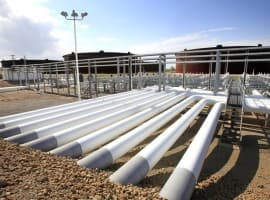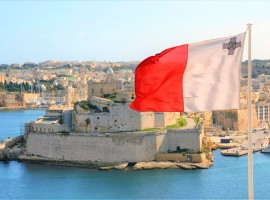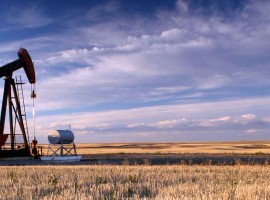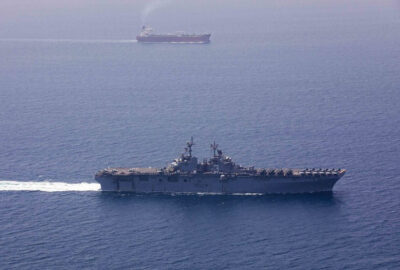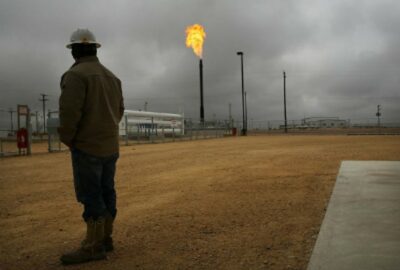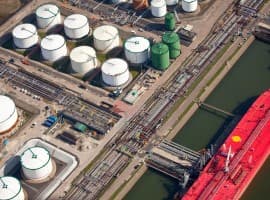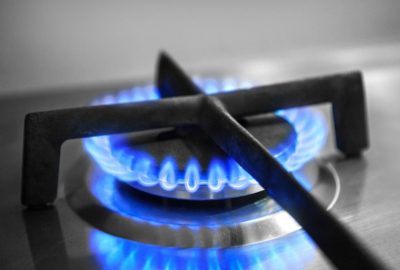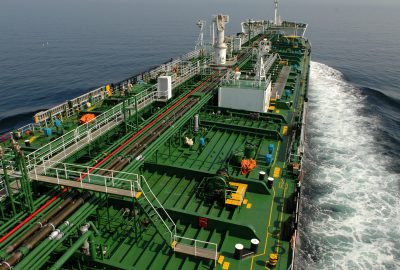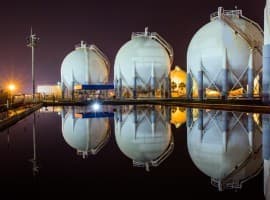ByJulianne Geiger– Feb 04, 2025, 1:00 PM CST

BP is about to make a big bet on Iraq—again. After years of false starts, geopolitical chaos, and stalled negotiations, the British oil major is reportedly gearing up to invest up to $25 billion in Iraq’s Kirkuk oil and gas fields. That’s according to a senior Iraqi official who spoke to Reuters in an exclusive.
That’s a hefty price tag for a region that’s seen more than its fair share of conflict and instability—but with crude prices hovering near the $75 mark and Iraq eager to reclaim its position as a top global oil supplier, the timing might just be right.
‘;
document.write(write_html);
}
The Road to Kirkuk
BP’s history in Kirkuk runs deep. The company was part of the original consortium that discovered oil there almost a century ago, but its more recent attempts to develop the fields have been anything but smooth. A 2013 agreement with Baghdad was scrapped after ISIS tore through northern Iraq in 2014. Then, in 2017, the Iraqi government wrested control of the region from Kurdish forces after a failed independence referendum, adding to the existing political drama. By 2019, an exasperated BP had walked away entirely after failing to reach an expansion deal.
Now, BP is back—this time with a profit-sharing agreement that could stretch over 25 years. If it sticks, this deal would be one of the largest foreign investments in Iraq’s oil sector since the TotalEnergies $27 billion megadeal in Basra last year.
What’s in It for BP?
For BP, the allure is simple: Iraq holds the world’s fifth-largest oil reserves, and Kirkuk alone is sitting on about 9 billion barrels of recoverable crude. Under the deal, BP is expected to boost production from 300,000 barrels per day (bpd) to 450,000 bpd within two to three years.
Unlike Iraq’s usual technical service contracts—which pay oil companies a flat fee for their work—this profit-sharing model allows BP to recover costs first and then start making real money once production rises above current levels. That’s a major departure from past agreements that had left foreign oil companies grumbling about thin margins.
What’s In It For Iraq?
Iraq may have massive oil reserves, but it also has serious infrastructure problems. Years of war, corruption, and government mismanagement have crippled production capacity, and investors have been skittish about diving back in. Iraq is OPEC’s second-largest producer, but its oil industry is operating well below its potential.
Baghdad desperately needs foreign investment to modernize its aging fields and improve natural gas capture, especially since much of the country’s associated gas is flared rather than utilized. This BP deal isn’t just about pumping more crude—it’s also supposed to help expand Iraq’s domestic energy production to meet rising electricity demand.
The Risks and Realities
Of course, this is Iraq–and even with relatively stable oil prices, political instability remains a major concern. The country’s oil sector is still fraught with overbearing bureaucracy, security risks, and shifting alliances between Baghdad and the semi-autonomous Kurdish Regional Government (KRG).
And with President Trump ramping up pressure on Iran and its regional allies, Iraq could easily get caught in the crossfire. BP, already operating in Iraq’s southern Rumaila oilfield, will have to navigate all of this while trying to turn a profit in Kirkuk.
Worth the Gamble?
At $25 billion over 25 years, BP is making a massive bet that Iraq can stabilize its oil sector and provide the kind of investment-friendly climate that has eluded the country for decades. If the project succeeds, BP could have a major foothold in one of the world’s most oil-rich regions.
But if Iraq’s history of instability repeats itself, BP might find itself right back where it was in 2019—packing up its marbles and going home.
By Julianne Geiger for Oilprice.com
More Top Reads From Oilprice.com
Join the discussion | Back to homepage


